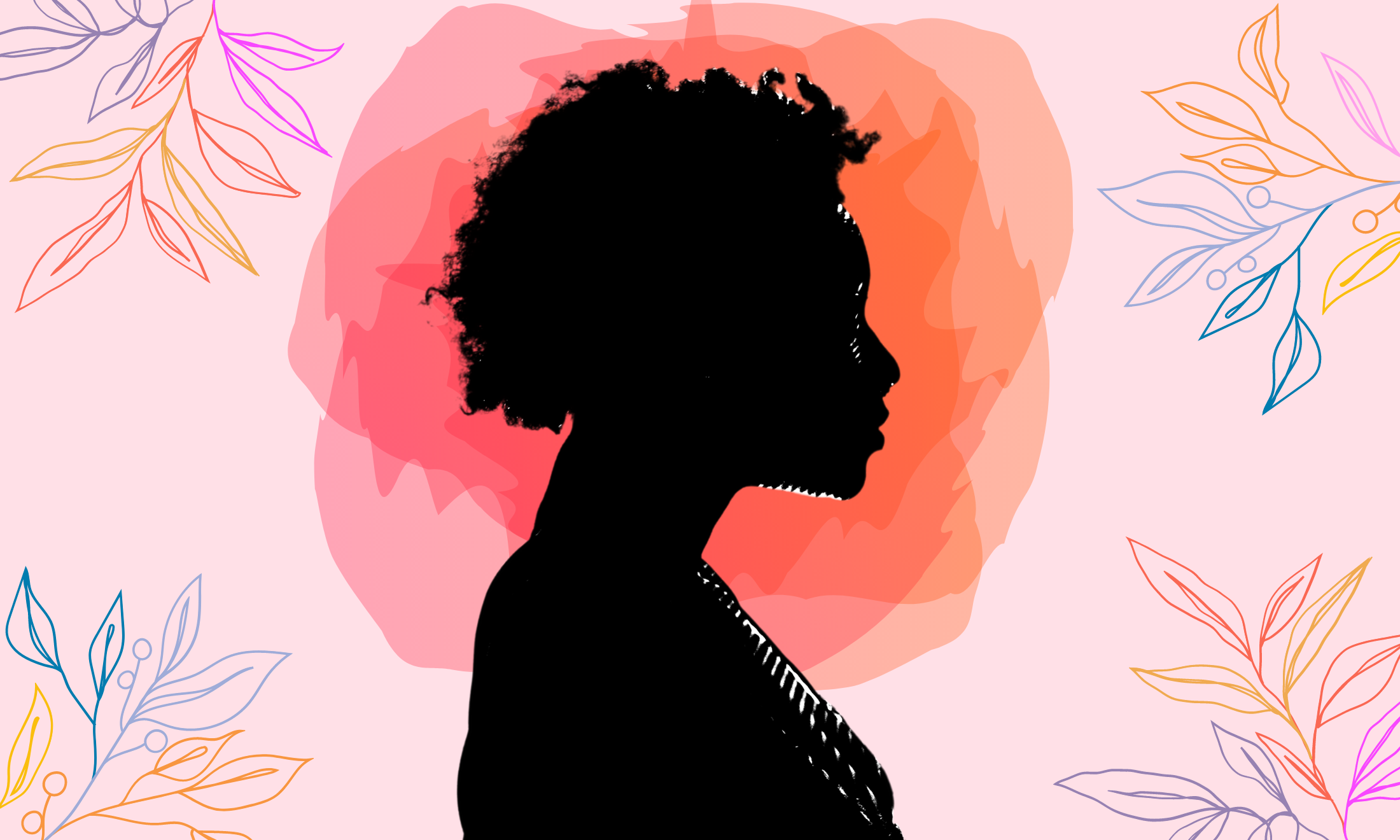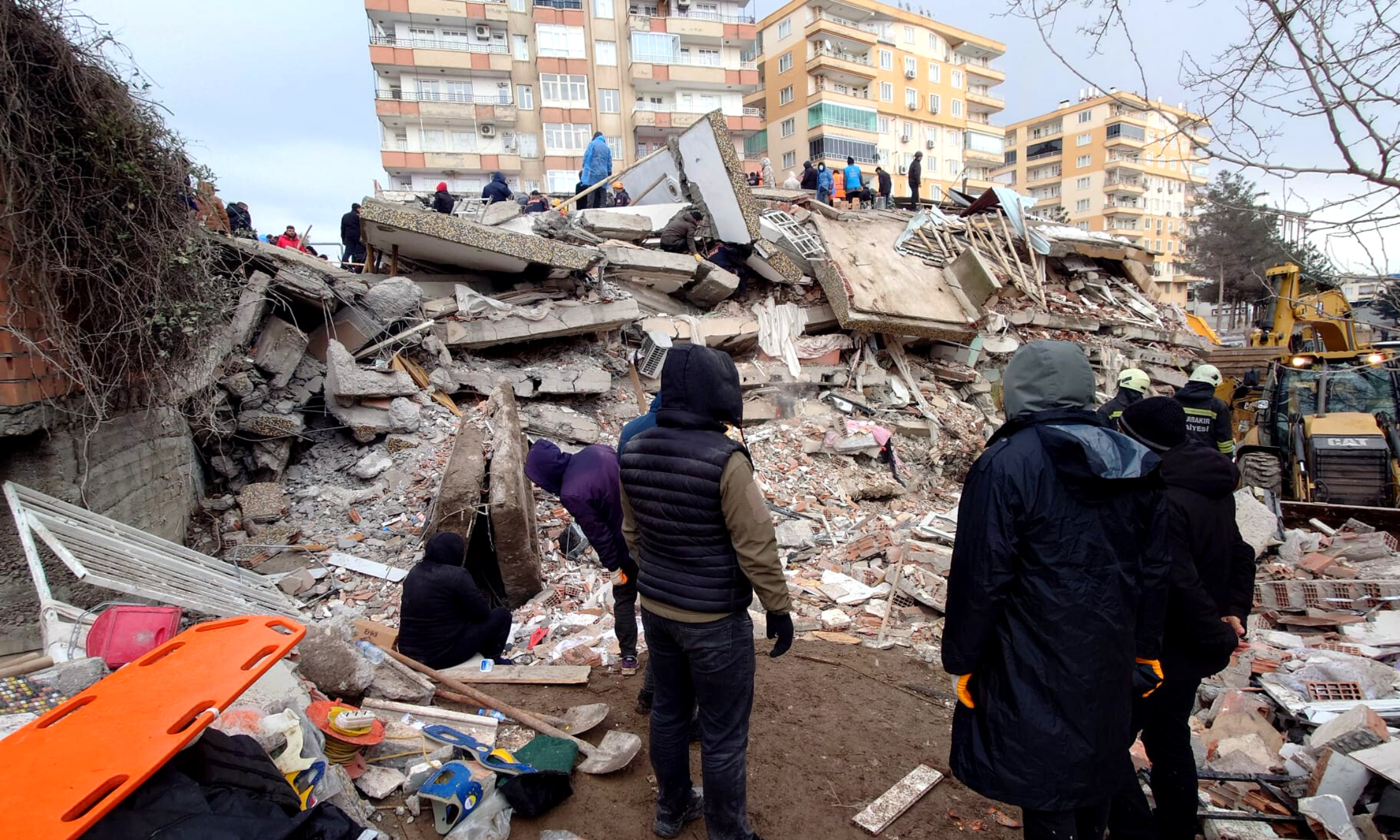
Unsplash/Canva
Black and brown women need protection from abuse. Here’s where to start
Women of colour need representation in the fight against gendered violence. This government consultation offers an opportunity to attain it for them.
Seyi Falodun-Liburd
25 Mar 2021
The anger and outpouring of grief around Sarah Everard’s death took me by surprise. Of course it’s appalling that a young woman was abducted and killed, allegedly at the hands of a police officer. And it’s important that people are starting to join the dots between male violence and police violence, and protest against it.
My surprise sprang from one thought: why now? Violence against women and girls, even at the hands of the police, is a daily occurrence – Black women have known this long before Sarah’s death and the police violence at the vigil last week. The newspapers and wider public may only just be waking up to the realities of how the police fail women, but it’s nothing new to us. Last summer it was the police who took selfies next to the dead bodies of two women of Black heritage, Bibaa Henry and Nicole Smallman, and circulated the images around WhatsApp groups. It’s police who have still failed to provide comprehensive answers regarding Blessing Olusegun’s mysterious death in September 2020. It was police officers who shot Cherry Groce in 1985. It’s nothing new to us.
I look back to last summer and what happened to Nicole and Bibaa and I have to ask: when would violence against Black and Brown women ever receive this level of outrage? When would their deaths motivate the masses to hold protests and vigils amplifying their rage and exhaustion? When would people write think pieces about a nation grieving the tragic deaths of Black and brown women? The reminder that Black and Brown women are often not seen as “worthy victims” can be quite devastating.
The reality is that violence against Black and brown women is widely ignored. According to a study by Imkaan, government policy and research often excludes perspectives and expertise from Black and brown women, and when they do seek those voices, it is only on racialised issues like female genital mutilation and ‘honour killings’. It’s also why specialist services for Black and brown women are significantly less funded compared to their white counterparts, who are already underfunded to begin with. A 2019 report by the London Mayor’s office into violence against women found that Black women and girls were overrepresented both as victims of domestic abuse and sexual violence.
“Government policy and research often excludes perspectives and expertise from Black and brown women, and when they do seek those voices, it is only on racialised issues like female genital mutilation and ‘honour killings’”
A similar picture emerges across the UK – a study investigating the experience of “BAME” survivors in Manchester found there was “institutional racism and sexism at the local level in Greater Manchester” and that women from ethnic minority backgrounds were “not being adequately protected or getting the specialist help they need after suffering domestic abuse.” Black and brown survivors face distinct forms of abuse, that often intersects with their racial identity and is exacerbated by the structurally racist barriers they face when trying to access help.
But this week, Black and brown women have an opportunity to be heard.
To inform their strategy to tackle violence against women and girls the government has re-opened their VAWG strategy consultation, but their narrow focus is on crime and policing. Black and brown women are being overlooked once more: we know that the police are more likely to cause us harm than to provide support. That’s why Level Up, the feminist community I co-direct, is calling on people to respond to the consultation using our accessible website tool. We are demanding the government centres the specific support needs of survivors, including specialist support for Black and brown women and migrant survivors – which includes the many of us who will never engage with the cops or courts, but still have a right to safety and support.
To make sure this VAWG strategy works for all women, Level Up is calling for:
SUPPORT
Survivors need specialist support services and therapy, provided by people who understand their specific needs. For example, services for Black women that are led by Black women. It is the government’s job to give enough money to these services so they can keep supporting anyone who needs them.
SAFETY
All survivors without recourse to public funds need to be supported, not deported. For migrant women, this means: access to benefits, safe refuges that won’t turn them over to the home office, therapy, and immigration advocacy to help them stay in the country.
EDUCATION
Violence is learned. To start tackling the root of violence against women, education on healthy relationships and consent (which includes all sexualities and gender identities) should be mandatory in all schools.
We have until Friday to be as loud as possible in our demands – our silence, especially at this political moment, will not protect us.
Seyi Falodun-Liburd is co-director of UK feminist organisation Level Up

Britain’s policing was built on racism. Abolition is unavoidable

How Pakistan’s Khwaja Sira and transgender communities are fearing and fighting for their futures

Their anti-rape performance went viral globally. Now what?






